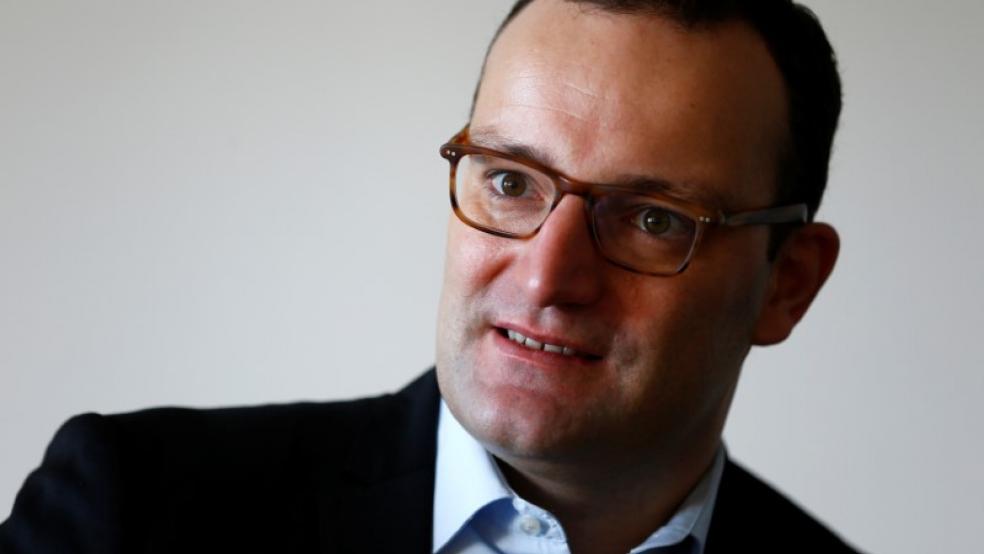BERLIN (Reuters) - The European Central Bank's expansive monetary policy has numerous side-effects and a "prudent start to the exit" of the stimulus is therefore desirable, Germany's deputy finance minister told Reuters on Friday.
The ECB aims for inflation of just under 2 percent, but it has undershot its target for years. To fight off deflation, the central bank has cut interest rates to zero and launched a massive but controversial bond-buying program.A jump in German inflation, announced on Tuesday, has stoked a debate about the ECB's accommodative policy and its low rates, which German media and some conservative lawmakers argue erode savings. Germans vote in a federal election in September.Jens Spahn, who is a senior member of Chancellor Angela Merkel's Christian Democrats (CDU), said the recent pick-up in consumer prices was not a surprise and overall inflation had not yet reached the ECB's target of nearly 2 percent."However ... the expansive monetary policy has numerous side-effects, which is why a prudent start to the exit is desirable," Spahn said in a statement e-mailed to Reuters when asked to comment on the latest rise in consumer prices.Spahn did not spell out what side-effects he was referring to. But senior government officials and central bankers have warned of asset bubbles and overheating property markets.German inflation jumped to 1.7 percent in December, the highest level in more than three years and only a whisker short of the ECB's target of below but close to 2 percent.Some German lawmakers have also warned the ECB risks fuelling support for euroskeptic parties if it does not change course soon, an argument that Finance Minister Wolfgang Schaeuble also made last year.In the broader euro zone, price growth surpassed the 1 percent threshold for the first time in three and a half years in December.The pick-up in inflation has sparked fresh calls from German economists this week for the ECB to dial back its unprecedented monetary stimulus, which includes a 2.3 trillion euros ($2.43 trillion) bond-buying program.Batting back the pressure from Germany, ECB director Yves Mersch said on Friday it was premature to declare victory over economic weakness in the euro zone despite the latest figures showing a pick-up in inflation.Mersch's pushback was particularly significant as he is considered a 'hawk', meaning he has often sided with Germany in highlighting the risks and limitations of the ECB's ultra-easy monetary policy. (Reporting by Michael Nienaber; Editing by Paul Carrel and Hugh Lawson)Exclusive: German deputy finance minister urges 'prudent start to exit' from ECB stimulus

Kai Pfaffenbach



